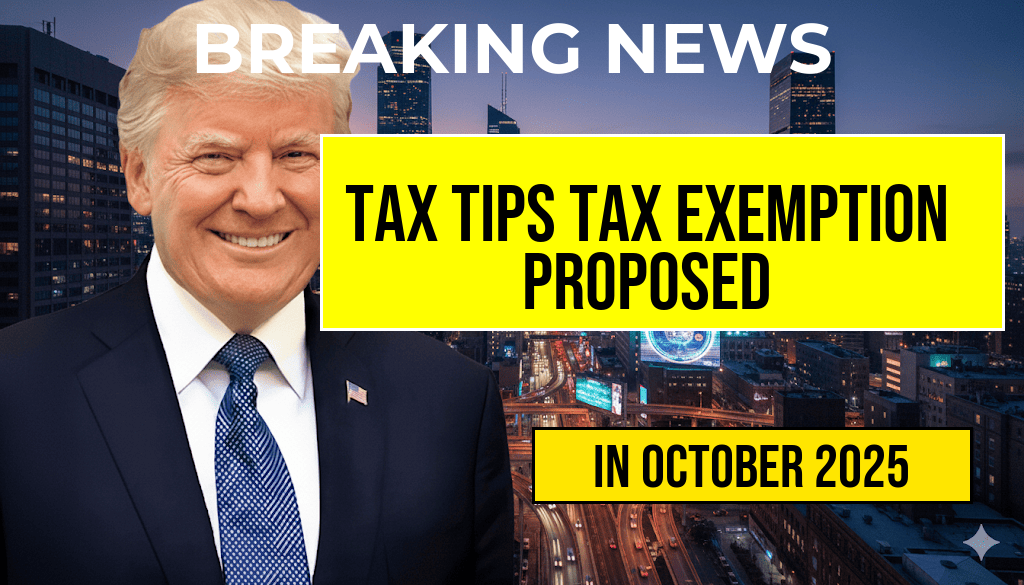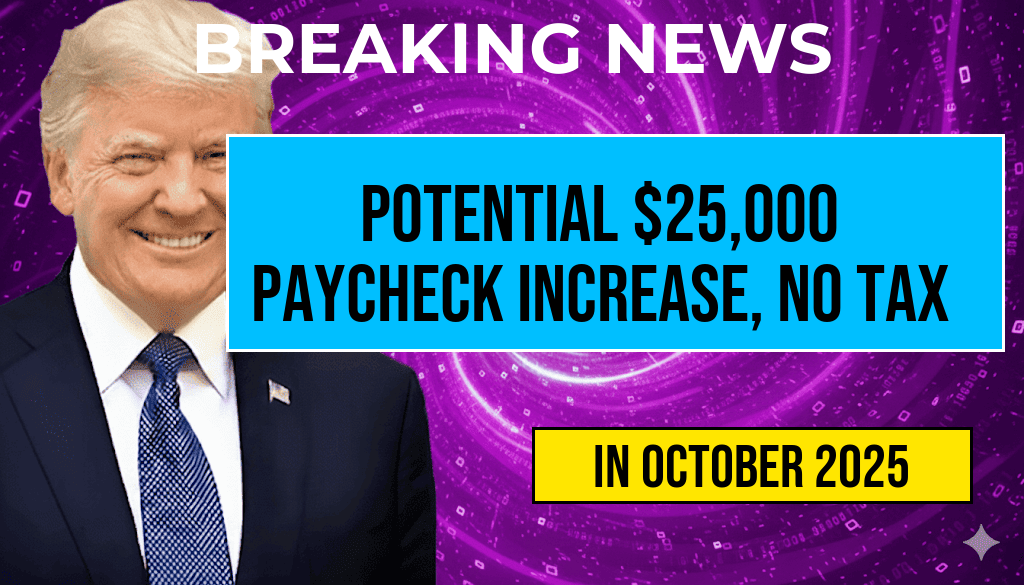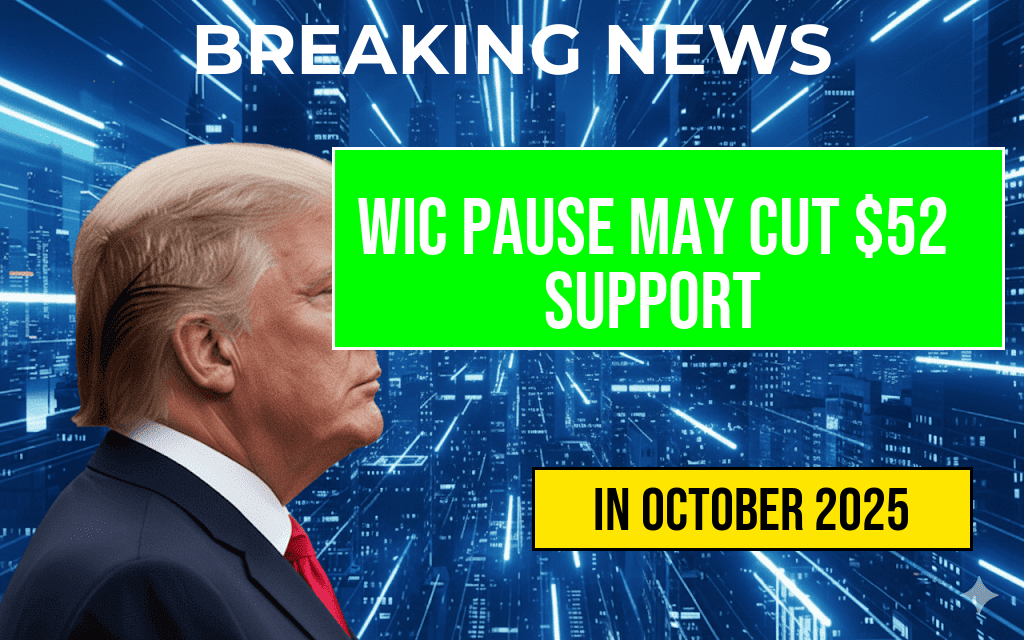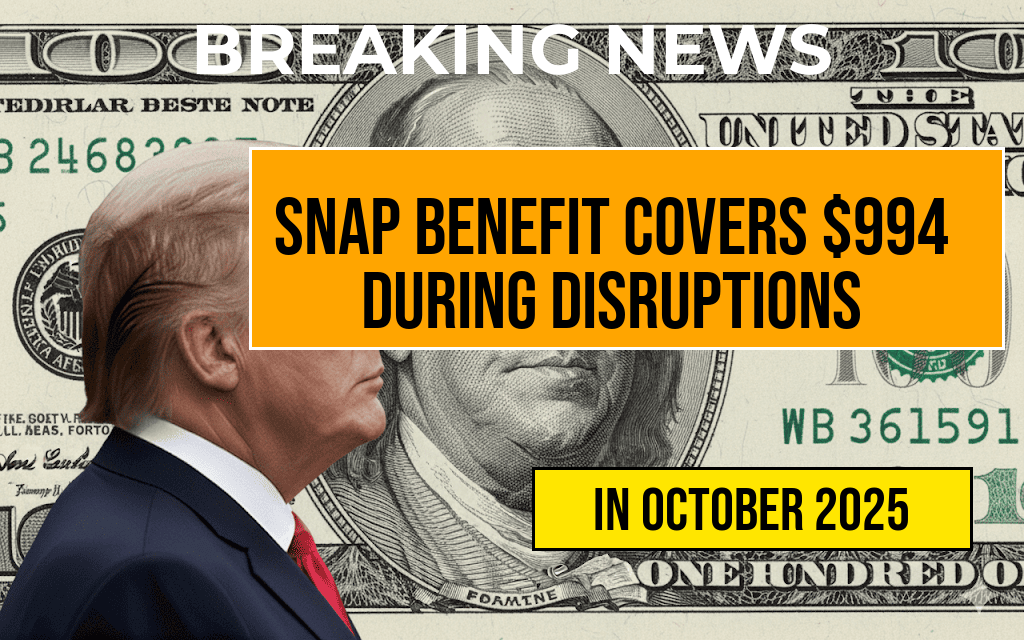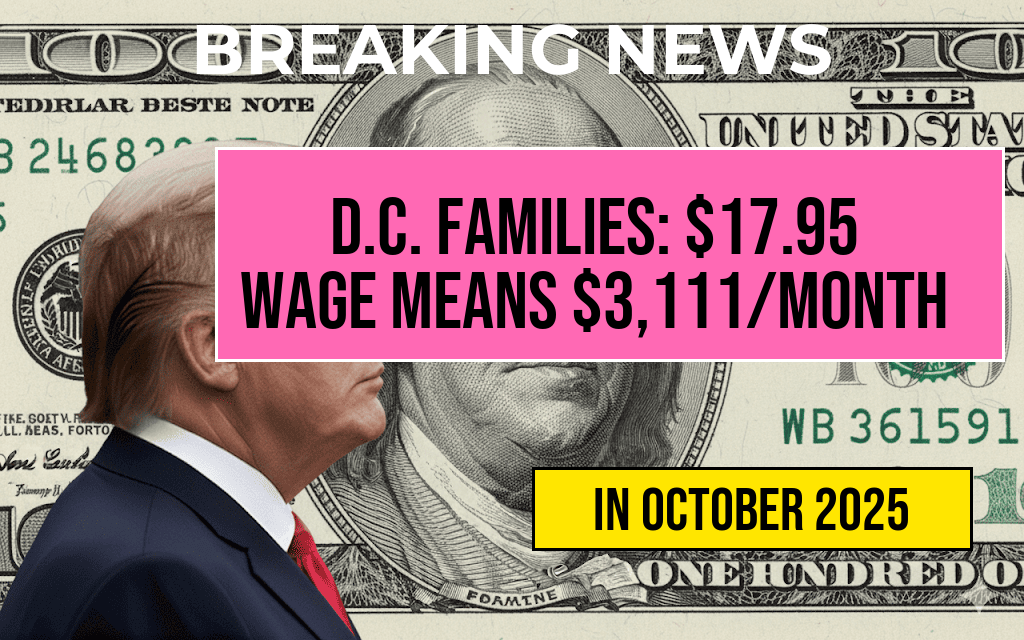Potential $25,000 Increase in Take-Home Pay Through No-Tax Tips—Payroll Taxes Still Apply
Employers and employees alike are exploring new avenues to boost their **net income**, with recent discussions highlighting the possibility of increasing **paychecks** by as much as $25,000 annually through strategic **no-tax tips**. While these tips can significantly enhance **disposable income**, it’s crucial to understand that **payroll taxes**—including Social Security and Medicare contributions—remain applicable. Experts emphasize that leveraging legal avenues such as **tax-advantaged benefits** and **bonuses** can maximize take-home pay without violating tax laws, but workers should remain aware of the distinctions between **tax-free** income and taxed earnings.
Understanding No-Tax Tips and Their Impact on Income
The concept of **no-tax tips** generally refers to income streams that are exempt from federal and state income taxes, often due to specific legal classifications or benefits. For instance, certain **employee benefits**, **employer-sponsored programs**, or **performance bonuses** structured within legal frameworks can result in substantial **additional income** that doesn’t immediately impact tax liabilities. According to the IRS, some fringe benefits and specific types of **employee compensation** are tax-advantaged, allowing workers to **increase their take-home pay** without a proportional tax burden.
How a $25,000 Increase Is Possible
Recent analyses suggest that by carefully structuring compensation packages—such as through **tax-efficient benefits** or **non-taxable reimbursements**—employees could see a **pre-tax boost** of up to $25,000 annually. For example, utilizing **Flexible Spending Accounts (FSAs)**, **Health Savings Accounts (HSAs)**, and **employer-provided transportation benefits** can add substantial value without increasing taxable income. Additionally, some companies are experimenting with **performance-based bonuses** or **stock options** that qualify for favorable tax treatment, effectively increasing **net income**.
Payroll Taxes: The Unavoidable Deduction
Despite these opportunities for increasing **gross pay**, **payroll taxes**—which fund Social Security, Medicare, and unemployment insurance—are typically deducted from **all earnings**, regardless of whether the income is taxable. This means that even if an employee receives additional **tax-advantaged benefits** or **no-tax tips**, their **paycheck** will still be subject to these payroll taxes. According to the [Social Security Administration](https://www.ssa.gov), payroll taxes are split roughly equally between employer and employee, each responsible for approximately 7.65% of wages on earnings up to certain thresholds.
Impact on Take-Home Pay
While a **$25,000 boost** in gross income can significantly increase **net income**, the actual **increase in take-home pay** will be somewhat less after payroll taxes are deducted. For example, if an employee’s income rises by that amount, they could see roughly **$18,000 to $20,000** more in **disposable income**, depending on their specific tax situation and applicable payroll tax rates. This adjustment underscores the importance of understanding the **difference** between **tax-exempt** benefits and **taxed income**.
Strategies to Maximize Income Without Increasing Tax Burden
Workers seeking to optimize their **paychecks** should consider several strategies:
- Maximize employer-sponsored benefits: Contribute to **HSAs**, **FSAs**, and **retirement plans** like 401(k)s, which offer tax advantages and can effectively increase **net income**.
- Negotiate performance bonuses or stock options: These can sometimes be structured to minimize immediate tax liabilities while boosting overall compensation.
- Utilize tax-exempt reimbursements: Certain **reimbursements** for work-related expenses are exempt from taxes, increasing **take-home pay** without increasing taxable income.
- Explore non-taxable benefits: Such as **transportation subsidies**, **educational assistance**, or **childcare benefits**.
Legal and Regulatory Considerations
Employees should exercise caution to ensure that any **income structuring** complies with IRS regulations. Attempting to classify taxable income as **no-tax tips** without proper legal basis could lead to penalties or audits. Consulting with tax professionals or HR representatives can help clarify what qualifies as **tax-advantaged income** and what strategies remain within legal bounds.
Resources for Further Information
| Source | Link |
|---|---|
| IRS Tax Benefits | IRS Tax-Advantaged Benefits |
| Social Security Payroll Taxes | SSA Payroll Taxes Overview |
| Understanding Employee Compensation | Wikipedia: Employee Compensation |
While the prospect of increasing **paychecks** by thousands of dollars through **no-tax tips** is enticing, employees should always consider the implications of **payroll taxes** and legal frameworks. Proper planning and consultation with financial professionals can help maximize **net income** effectively and within legal boundaries.
Frequently Asked Questions
What is the main benefit of the no-tax tips mentioned in the article?
The main benefit is that your paycheck could increase by up to $25,000 without additional taxes, boosting your take-home earnings significantly.
Will payroll taxes still apply if I receive no-tax tips?
Yes, payroll taxes still apply to no-tax tips, so while your paycheck may increase, some taxes will continue to be deducted.
How can I qualify for these potential paycheck increases?
You can qualify by taking advantage of specific no-tax tip strategies or programs that allow certain tips to be exempt from taxes, increasing your net income.
Are there any risks or considerations I should be aware of with no-tax tips?
Yes, it’s important to ensure that all tips are reported accurately to avoid potential tax compliance issues and penalties, even if some tips are exempt from taxes.
How can I learn more about implementing no-tax tips to maximize my paycheck?
Consult with a tax professional or review official IRS guidance to understand legal and effective ways to utilize no-tax tips for increasing your paycheck.

